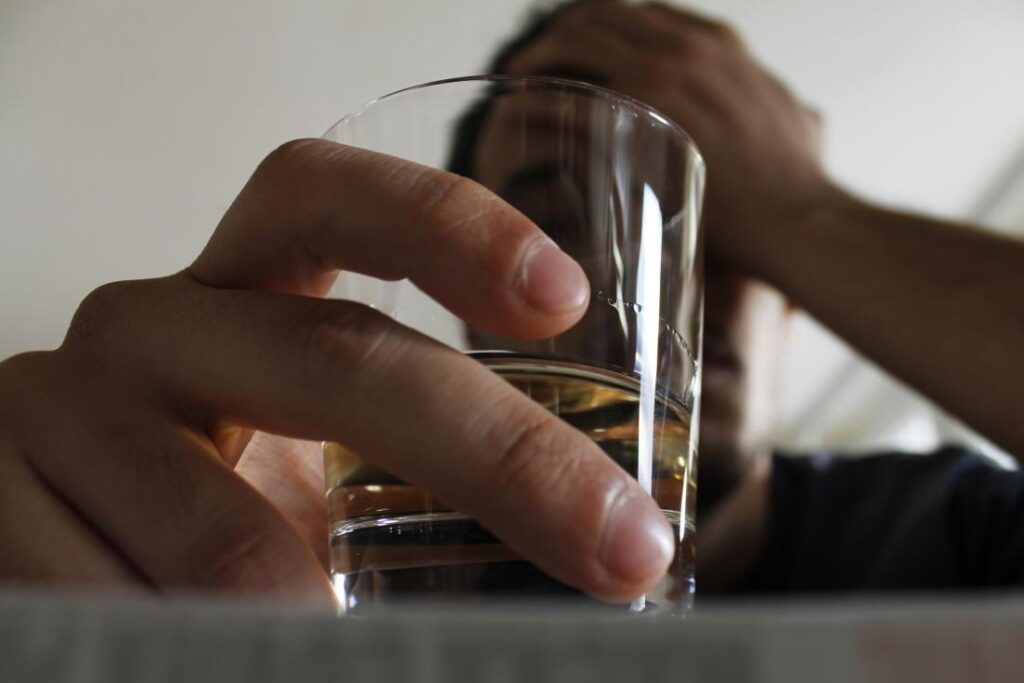To increase your chances of no longer succumbing to alcohol in the weeks and months that follow, it is important to be followed for years and, why not, join a movement of former drinkers. You must see your doctor regularly after the initial weaning.
Drugs: When this step proves more difficult than expected, it can prescribe a drug aid to maintain weaning, a relatively old treatment that reduces the negative effects of abstinence. More recently, in March 2014, the temporary use of baleen and its reimbursement in June offers a new solution. Another drug that reduces the urge to drink is the Selincro® (nalmefene) rehabilitation for alcoholics indicated for reducing alcohol consumption in alcohol-dependent adult patients with high-risk drinking that does not have physical withdrawal symptoms and does not require immediate withdrawal. Simultaneous psychosocial management is associated with this treatment.
How to manage a relapse?
At one point or another, rehabilitation for alcoholics the person who has quit chronic alcoholism may be wondering if it is possible to take a drink of alcohol. The answer is “no” because there is a real risk of relapse. However, if this happens, it is best to return immediately to see your doctor and talk to your doctor to make sure this does not happen again. You also have every interest in joining a group of former drinkers: their experience is very enriching and according to algologists, this aid really optimizes the chances of long-term success.
Finally, do not hesitate to repeat weaning as many times as necessary: it is not because you have recidivated that you will never succeed. Each period spent without drinking, you closer to the ultimate success, not least by showing that it is possible to take a few weeks, there a few months … In cases of severe addiction, the specialized centers offer hospitalizations lasting from 2 weeks to several months.
Do natural medicines have their place in addition to the treatment of chronic alcoholism?
They occupy a prime place for help with alcohol withdrawal.
Use recognized: the behavioral and cognitive therapies learn to think and act to avoid consuming the drug. The vitamin B1 (or thiamin) is also of interest in cases of acute alcohol withdrawal. 1
Approach to consider: Kudzu would promote the cessation of drugs (including alcohol) and protect the liver, thanks to the flavonoids present in its root. This plant is taken in the form of root decoctions, in addition to the prescribed medical treatment. The doses usually observed are 300 mg of solids, 3 to 6 times a day or 60 drops of fluid extract in a glass of water, 3 to 6 times a day.


